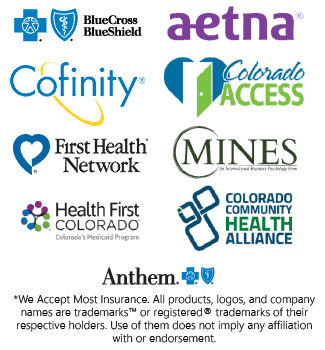Key Components of Family Education Programs in Residential Settings
Several essential components form the foundation of effective family education programs within residential treatment settings, working together to create a thorough support system for both residents and their loved ones. The fundamental elements typically include structured family involvement sessions, where relatives learn coping strategies and communication techniques through hands-on workshops and guided practice exercises. Educational strategies focus on understanding the treatment process, managing expectations, and developing practical skills for supporting recovery.
These programs often incorporate multi-family group sessions, individual family counseling, and educational workshops that address specific challenges families face during the treatment journey. The curriculum emphasizes evidence-based interventions, trauma-informed approaches, and culturally sensitive practices, while providing resources for continued support beyond the residential stay.
Benefits of Including Family Members in Treatment Programs
Research consistently demonstrates that incorporating family members into residential treatment programs yields profound therapeutic benefits for both residents and their support systems. Studies show that increased family involvement correlates strongly with improved treatment results, including higher completion percentages and sustained recovery after discharge.
When families actively participate in the healing process, they develop a deeper understanding of their loved one’s challenges while gaining valuable tools for supporting recovery. This collaborative approach allows treatment teams to address systemic family dynamics that may contribute to the resident’s difficulties, while simultaneously strengthening protective factors within the family unit. Additionally, family participation helps bridge the gap between residential care and home life, creating a more seamless shift and reducing the risk of relapse through enhanced support systems and improved communication patterns.
How Residential Centers Implement Family-Based Support Systems
Building on these established benefits, residential treatment centers employ diverse methodologies to integrate family members into their extensive care programs. Centers typically establish structured support systems through regular family therapy sessions, educational workshops, and scheduled visitation programs that promote meaningful family involvement throughout the treatment process.
Treatment facilities often implement multi-tiered communication systems, including weekly progress updates, video conferencing options for distant relatives, and dedicated family liaison staff who facilitate ongoing dialogue between residents and their loved ones. Additionally, many centers create thorough family education curricula that address specific challenges, coping strategies, and post-treatment planning, while offering specialized support groups for parents, siblings, and other family members to share experiences and build community connections within the treatment environment.
















